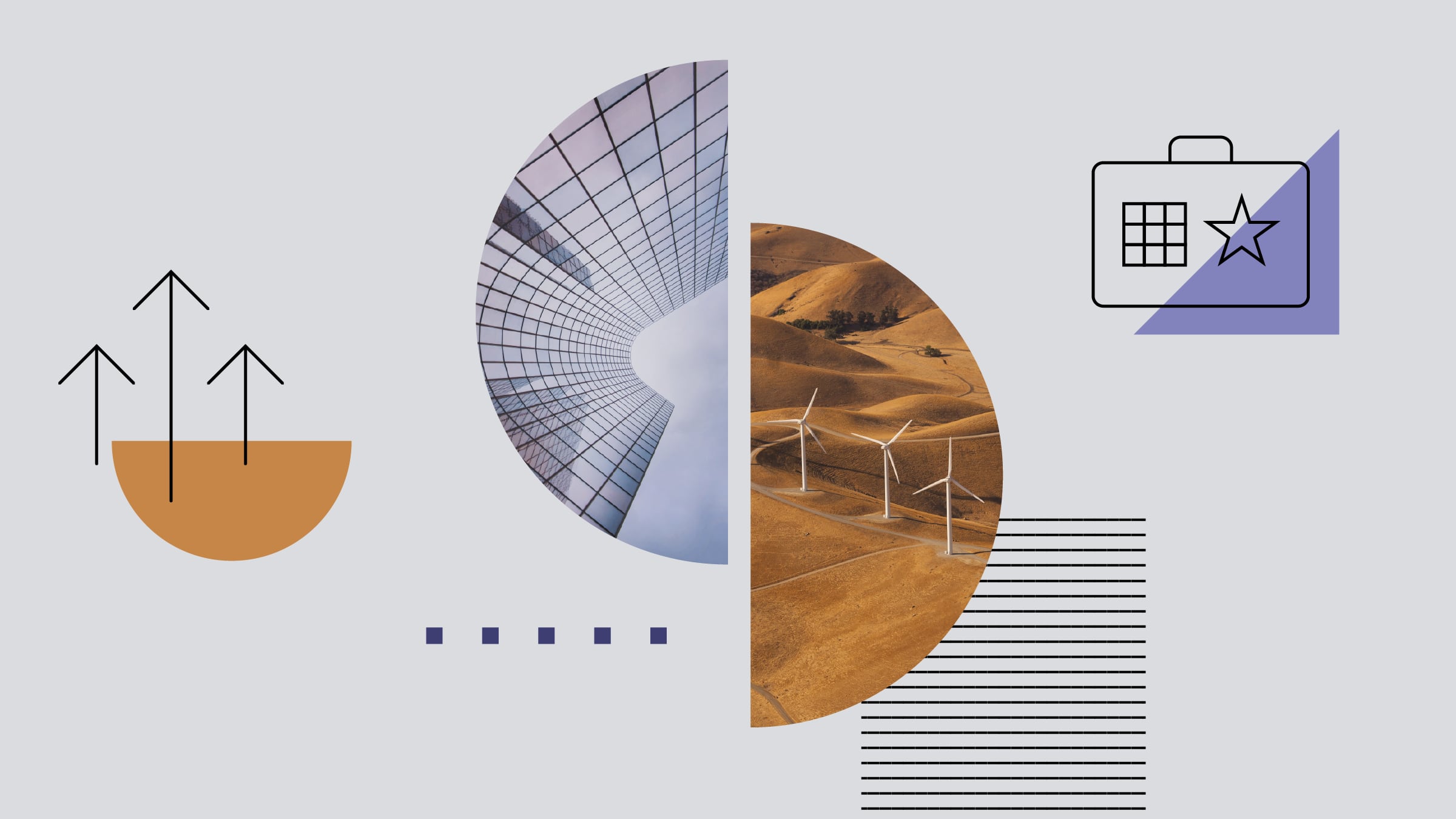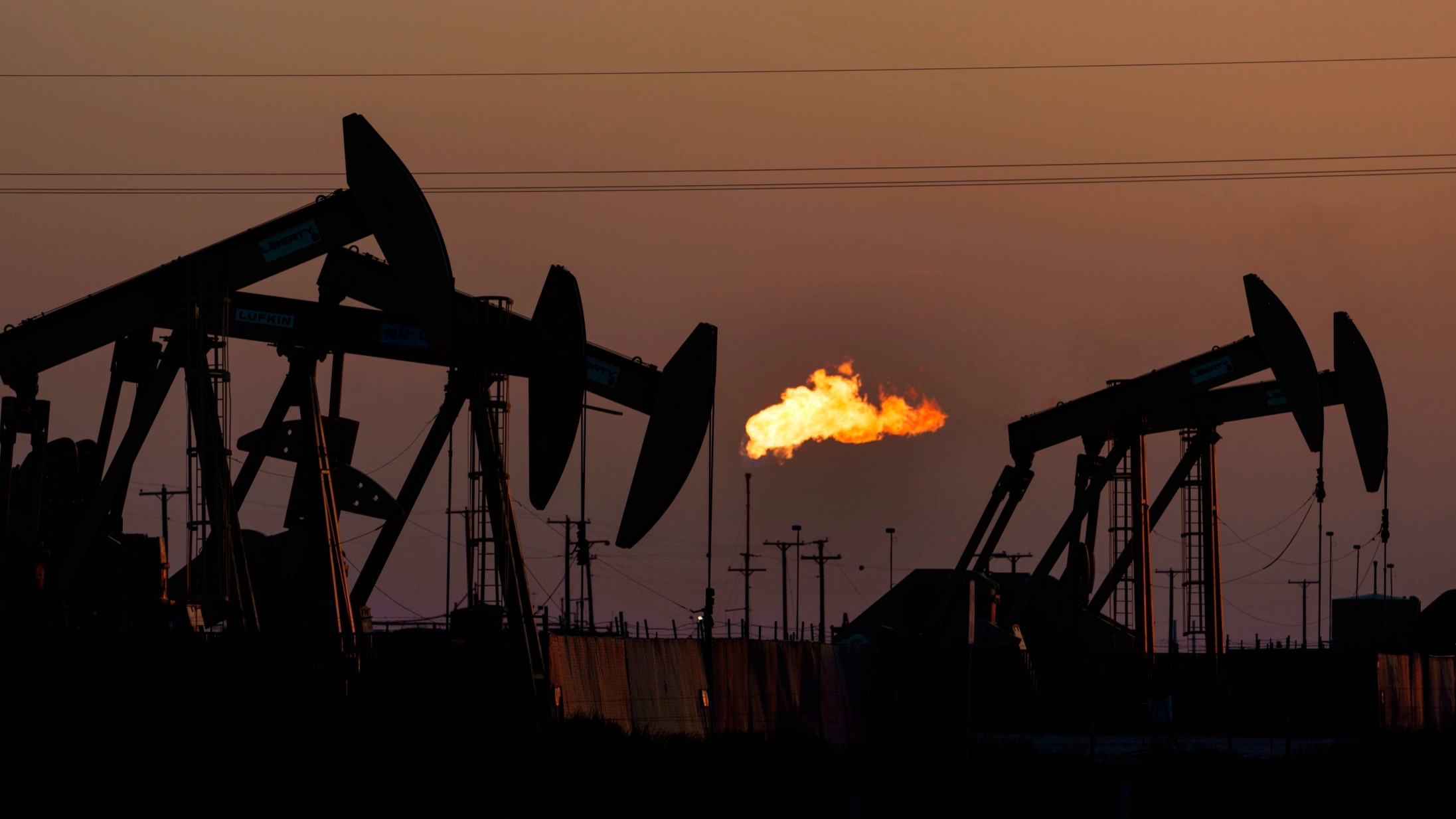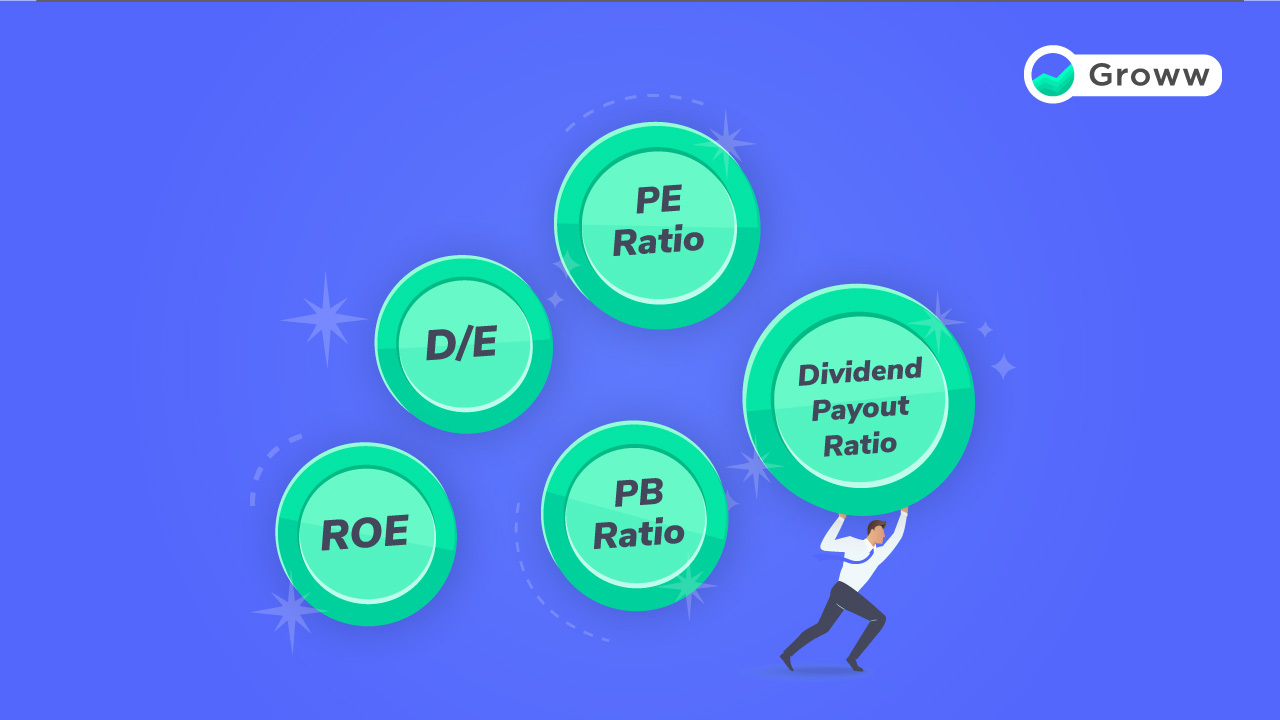Sustainable investment is the greatest economic opportunity: Marc-Andre Blanchard, executive VP, CDPQ

“When we talk about ESG and sustainability, we’re really talking about good management and value creation,” Blanchard said. “As a pension fund, we are driven by the desire to build businesses that drive performance and progress. For us, capital takes on its full value when it generates positive change.”
The Canadian leader stated that CDPQ is a global investment group with over $452 billion in assets under management, including 12% in the Asia-Pacific region. What sets CDPQ apart is its dual mandate: generating returns for its depositors-representing over 6 million Quebecers-while contributing to Quebec’s economic development. CDPQ is also Canada’s second-largest pension fund, he said.

According to Blanchard, this dual mandate drove the fund to approach sustainability differently. In 2017, CDPQ became the first institutional investor to implement a comprehensive climate strategy, aiming to lead in sustainable investing globally, he said.
“Since then, we have reduced our carbon footprint by 59%, now holding $53 billion in low-carbon assets and $330 billion in assets with a low-carbon footprint. Nearly 80% of CDPQ’s portfolio is in low-carbon or low-intensity sectors, where we actively help reduce emissions beyond our own footprint,” Blanchard noted.
He stated that finance will play a critical role in the transition to a low-carbon economy.
“Globally, around $6.5 trillion per year will be needed for the energy transition over the next 10 to 15 years. In India, the national climate action plan requires $2.5 trillion in financing from 2015 to 2030, or about $170 billion annually. To achieve net-zero emissions by 2070, India will need cumulative investments of $10.1 trillion-nearly three times the country’s current GDP,” said Blanchard.

On the topic of sustainable capital, Blanchard argued that it is essential because, despite the ongoing global debate around sustainable investing, it represents a disruptive economic force that should not be dismissed due to short-term political pressures.
“Investors like CDPQ play a crucial role in demonstrating that sustainable finance is not charity but an integral part of generating expected returns. Whether labelled as ESG or responsible investing, it’s about managing risks and, more importantly, creating future value. Ultimately, we believe that what is sustainable will also be profitable in the long term,” he said.
While discussing CDPQ’s approach to investing, he noted that creating value in a world in transition goes beyond merely deploying capital.
“We actively engage with our portfolio companies, external managers, peers and stakeholders to drive action, holding 308 discussions on sustainability in 2023 alone. This approach helps companies perform better by meeting investor expectations while boosting competitiveness,” he said. “The results are clear: companies focusing on ESG factors saw revenue growth of 9.7% over the past three years, compared to 4.5% for others. A Bank of America study also found that investing in companies with strong ESG scores could have helped avoid over 90% of bankruptcies on the S&P 500 from 2005 to 2015.”
Blanchard highlighted that the key question isn’t “why” but “how” to realign capital for the immense task of transitioning to a low-carbon economy, particularly in the Global South.
“It’s not easy; if it were, funds would be flowing at a much higher rate. Emerging economies, for instance, saw net private outflows of $68 billion in 2023, impacted by high interest rates and challenging regulatory environments,” he said.
“Yet, India has shown leadership as a G20 president, raising these issues on the global stage and improving its business environment, making it a top destination for renewable energy investments,” he added. India also benefits from “reglobalisation”, alongside Mexico and Vietnam, by reshuffling supply chains and reconfiguring trade flows.
Blanchard concluded by saying he views sustainable investment as the greatest economic opportunity of the current generation, driving the largest capital realignment in human history while revolutionising transportation and production.
“To realise all of this potential value while ensuring a habitable planet for future generations, all stakeholders must work together in new and collaborative partnerships that bring together the best of the public and private sectors, civil society and philanthropy. The main success factor underlying all of this is the ability to think differently about our business,” he said.
link





